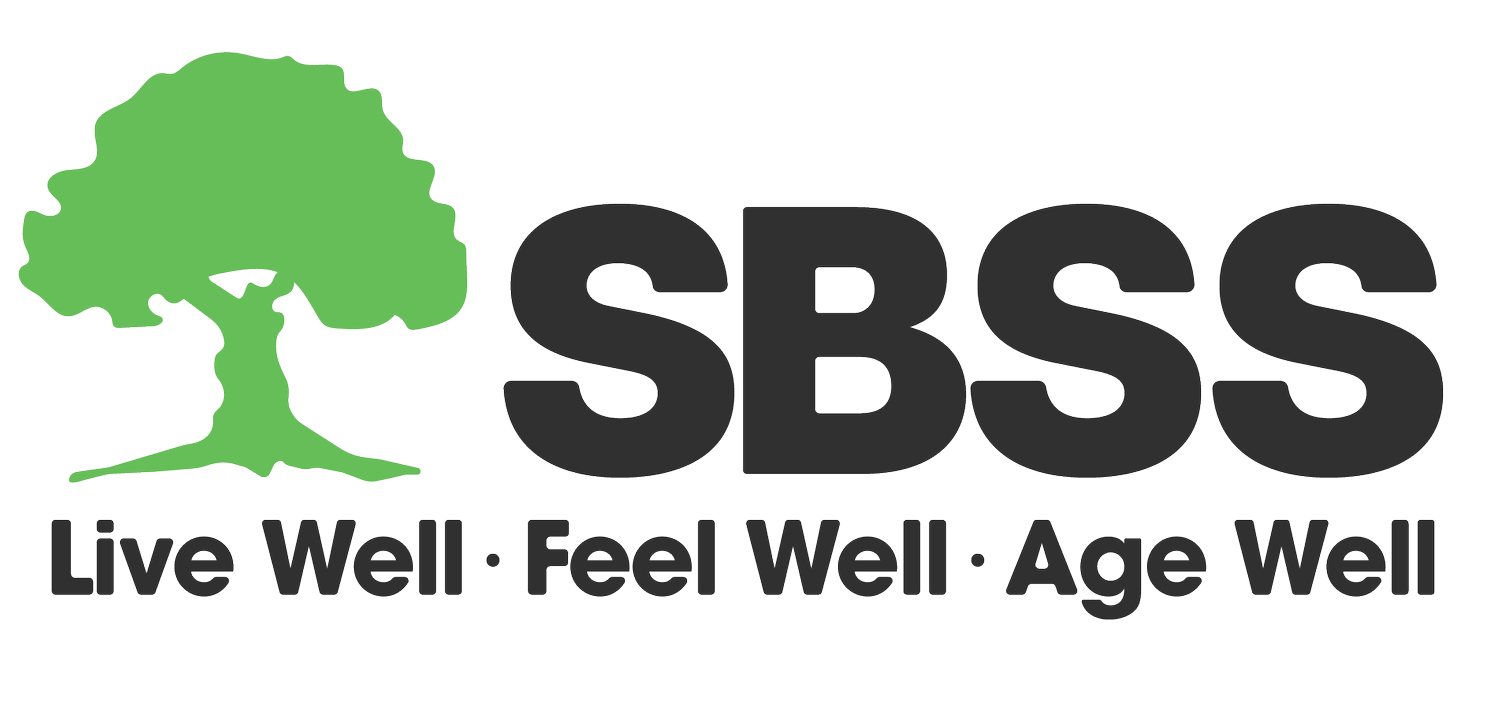For some, making a decision to get a vaccine may be more difficult than others. Many people and communities may distrust medical and government institutions because of a history of wrongdoing. Others may not want to share their health information or think that clinical trials of COVID-19 vaccines were too rushed. Whatever the reason, it is important to encourage you and your family make the healthiest and safest decisions possible.
Here are a few tips that can be tailored to your specific needs:
Understand why they haven’t gotten a vaccine.
Try your best to listen to and validate their perspective. Many people are scared for their own reasons and feel like their concerns have not been listened to.
Answer questions and direct them to their health care provider as needed.
If you feel comfortable, answer some of their questions. If you are unsure, help them to talk to a healthcare provider they know and trust. You can do research on FAQ together by referring to trusted sources like the CDC, WHO and our COVID-19 resource center.
The CDC even has a new myth-busting page so you can talk about common sources of misinformation.
Talk about vaccine safety and efficacy.
All three COVID-19 vaccines used in the US were developed under emergency orders to combat the deadly spread of COVID-19. Vaccines were produced quickly, but no corners were cut.
However, each vaccine was tested on up to 40,000 subjects with a range of backgrounds and health conditions even before doses were publicly administered.
The US has a very trustworthy history of vaccination efforts. It may be helpful to ask your older adult what other vaccines they have gotten in the past, and point to how well they protected them.
The Pfizer and Moderna vaccines are over 94% effective and the Johnson & Johnson/Janssen vaccine is 72% effective in clinical trials. Because each vaccine was tested under different conditions, their efficacy cannot be compared. However, they are very effective at preventing severe disease and have already saved thousands of lives.
Talk about your own experiences getting a vaccine.
Sometimes, it is better to hear about an experience from someone you know! Consider trying our Tell a Friend or Dinner and a Dose programs.
Getting a vaccine is easier than it has been in the past. Many places offer walk-in vaccinations and most people can also get a vaccine from their trusted healthcare providers. Refer to this website to find your closest appointment.
Vaccines are free and do not require insurance information or proof of immigration status.
Talk about the side effects you experienced, and how each step of getting the vaccine felt.
Talk about the benefits of getting a vaccine.
California has the largest vaccine incentive program in the US called CA Vax for the Win. They are offering $50 visa gift cards to the next 2 million people who complete their vaccinations. In addition, each person is entered to win $1.5 million and $50,000 cash prizes, among other prizes! For a full list, click here.
While many have said that vaccines will not be mandatory, it is possible that some establishments may require proof of full COVID-19 vaccination status to enter. For example, many universities, as well as Universal Studios and other event spaces, may require proof of vaccination to protect their guests.
Most importantly, getting a COVID-19 vaccine can protect you and your family from a serious illness! Getting vaccinated can help you return to normalcy, see your loved ones again, and even prevent a third wave of the pandemic.

